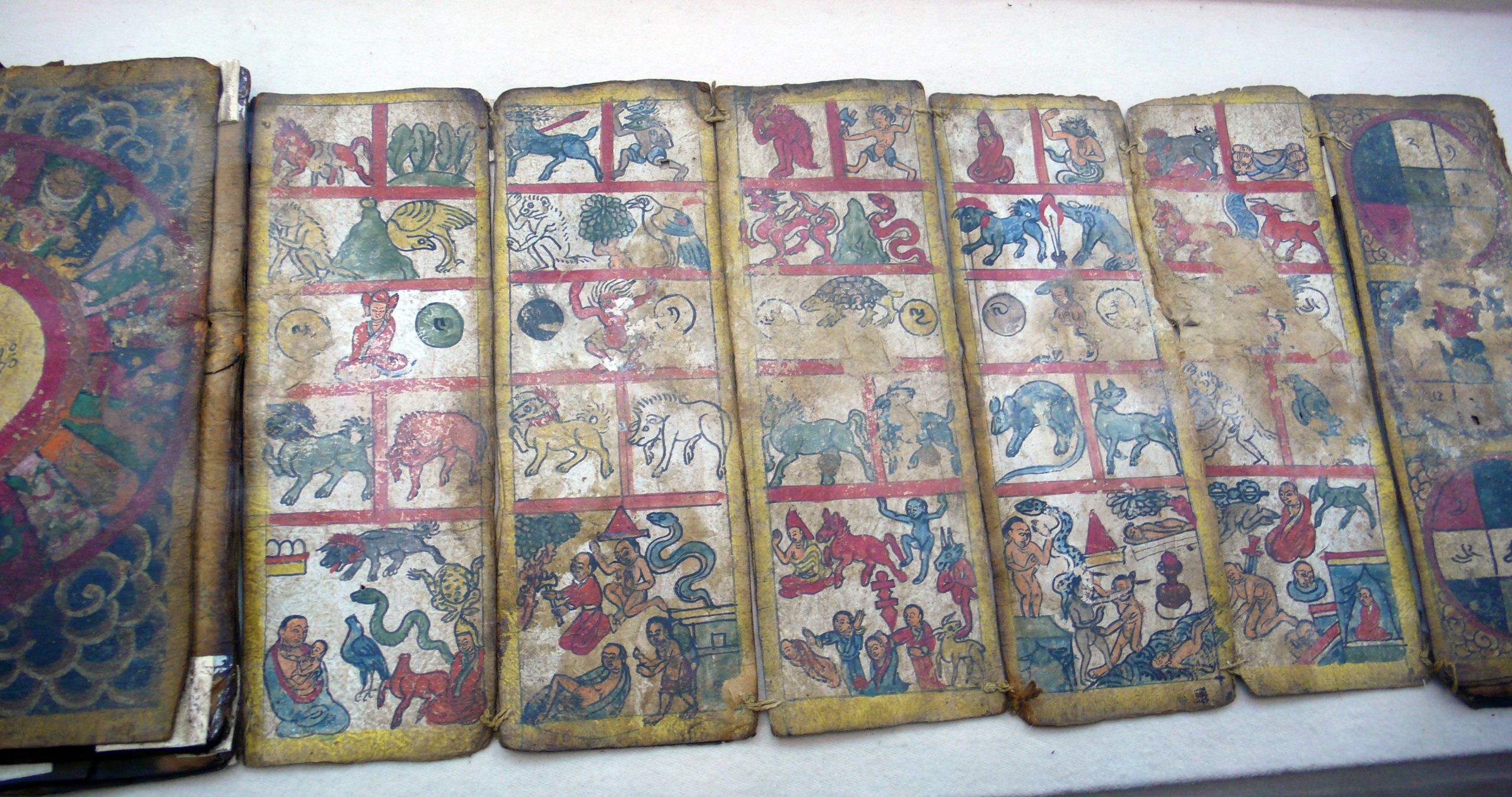Parents of children sickened and disabled by substandard vaccines gathered in protest outside China’s state health and family planning commission on Monday following arrests at a major vaccine manufacturer in the northeastern province of Jilin.
More than 20 parents attended the protest, holding up a banner that read “Disabled by vaccines; give us back our health!” outside the government buildings, until police came in and escorted them away, eyewitnesses said.
“The authorities sent several dozen police officers and two vehicles to tell us to go down [to the police station],” Henan-based He Fangmei, known by her online nickname Shisanmei, told RFA. “We went, and they took our details and told us to leave.”
“They haven’t given us any kind of explanation … so I think there will be more of this [sort of protest] in the days to come,” she said. “We want some kind of assurance about our kids’ medical treatment going forward.”
He said her daughter developed gray matter spondylitis after being administered a substandard DPT vaccine made by Wuhan Bio at the age of three months, and had to be taken to the emergency room. Even now, she still can’t move her limbs properly, she said.
“We want the government to provide humanitarian assistance to our children for their medical treatment,” she said. “Our kids’ health can’t afford to wait … and we need some guarantees for the future.”
A parent surnamed Sun who attended the protest said there were around 20-30 protesters present.
“We are in the police station right now, and we have to register, so we are waiting to do that,” she said, as a voice called out: “Let’s go! Don’t stand there; how will you get this sorted if you never register your ID?”
Substandard vaccines
A parent surnamed Liu said the parents aren’t pleading on behalf of specific cases, but on behalf of all children affected by substandard vaccines.
“We want a vaccination law, and we want them to authorize a third-party verification system like they have for drug-testing of athletes, so that the health authorities don’t get to dictate everything,” Liu said.
“Then there’s the question of [financial] guarantees for their future treatment,” he said.
The protest came after vaccine manufacturer Changchun Changsheng issued a recall of its rabies vaccine, which had been administered to thousands of children across the country, sparking a police investigation at the company.
The Changsheng recall was the latest in a string of tainted or substandard vaccine scandals to hit China, with commentators hitting out at endemic corruption and profiteering in the country’s biotech industry.
State-owned vaccine maker Wuhan Institute of Biological Products Co and Changchun Changsheng had previously been found to have sold ineffective or harmful DPT vaccines to inoculate children against diphtheria, whooping cough and tetanus.
Police in the northeastern city of Changchun said on Sunday they would formally arrest 18 people in connection with the scandal.
Meanwhile, China’s Food and Drug Administration (CFDA) and the European Medicines Agency (EMA) and the US Food and Drug Administration (FDA) highlighted problems with the generic hypertension and heart drug valsartan made by Huahai Pharmaceutical, which contained a human carcinogen.
Huahai’s valsartan stock has now been recalled and production halted, while heathcare professionals have been warned not to use it.
Averting public anger
The U.S. Food and Drug Administration (FDA) also alerted healthcare professionals and patients after “an impurity, N-nitrosodimethylamine (NDMA) … was found in the recalled products.”
“Zhejiang Huahai has stopped distributing its valsartan … and the FDA is working with the affected companies to reduce or eliminate the valsartan … impurity from future products,” it said in a statement on its website.
Beijing-based rights activist Li Wei said the authorities are keen to be seen taking action to avert widespread public anger over the vaccine scandal, but that similar cases in the past have rarely attracted any form of assistance or compensation.
“A lot of parents are calling for legislation to guarantee their children’s healthcare [expenses],” Li said. “But we have seen a lot of such cases, and they still haven’t been resolved, even a long time after the event.”
Parent activist Zhao Lianhai, who campaigns for children sickened during the 2008 melamine-tainted infant formula scandal, said he is working on a comprehensive database of children affected by tainted vaccines.
“We are going to submit it to the State Health and Family Planning Commission, providing them with this information from the parents, and then hope that they will help us,” Zhao said.
Zhao said in an online statement that the problem of children made sick or disabled by vaccines is a very serious one, and that many families have been in need of help for years.
Amnesty International hit out at the scandal in an article on its website on Monday.
“For a more effective system compliant with China’s human rights obligations, the government must change its approach,” the article said.
“Without fear of consequence in the form of public outrage, independent reporting, or class-action lawsuits, companies will continue to cut corners — and this collective moment of déjà vu will only happen again,” author Hana Young wrote.
Source: Copyright © 1998-2016, RFA. Used with the permission of Radio Free Asia, 2025 M St. NW, Suite 300, Washington DC 20036. https://www.rfa.org.












